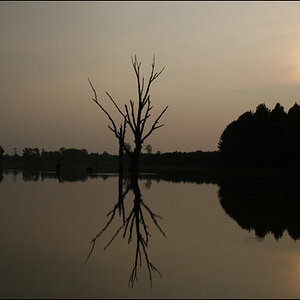Dr_Totenkopf
TPF Noob!
- Joined
- Nov 30, 2011
- Messages
- 131
- Reaction score
- 13
- Location
- Oklahoma
- Can others edit my Photos
- Photos OK to edit
Hay guys I am still new to photography only a handful of roles of film under my belt. But I have noticed that when someone gets a sightly off photo people go straight to Photoshop, and not back to the field. Shouldn't people to get a shot the first time and not in post? I have a stack of National Geographic magazines going back to the early 80's and the pictures in 85 are just as good as 05. I know most people don't have hundreds of roles of film for a shoot, But then DSLR cameras don't have that problem now do they. I may not be as senior here as a lot of you but I do think that my peers (new photographers) are becoming too dependent on post.


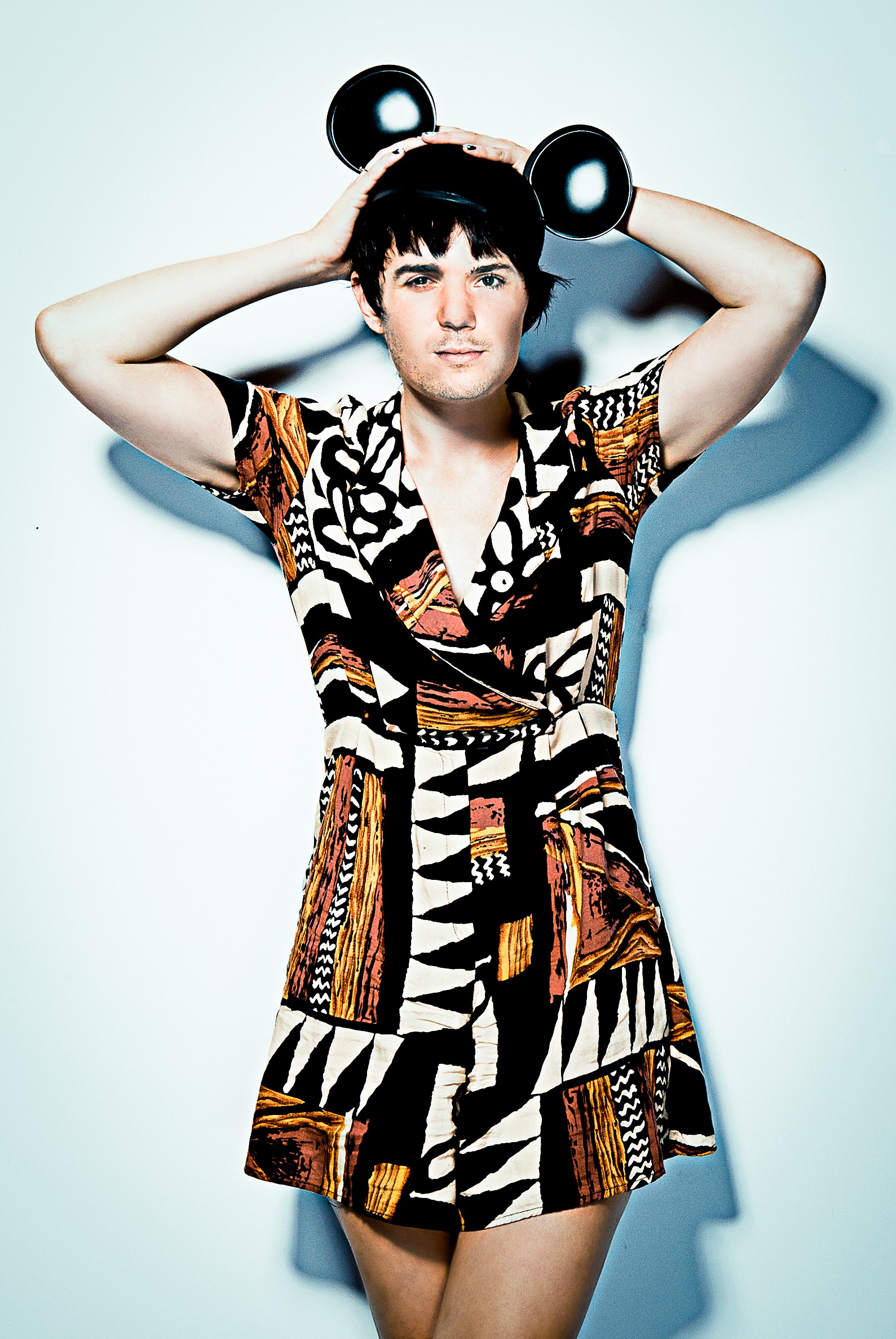


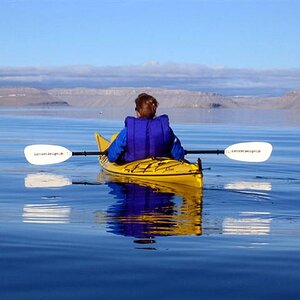

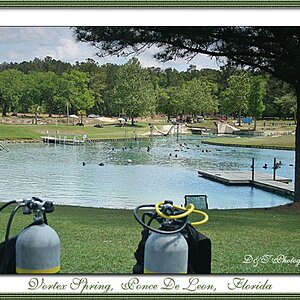
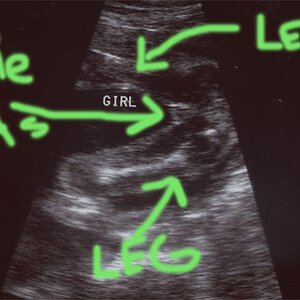
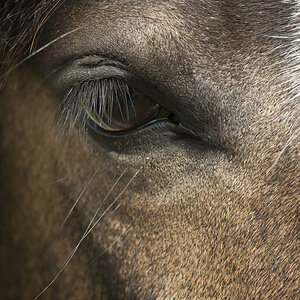
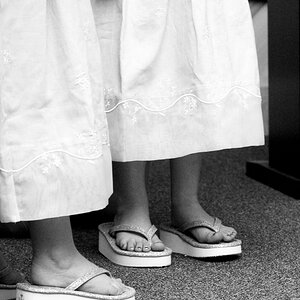
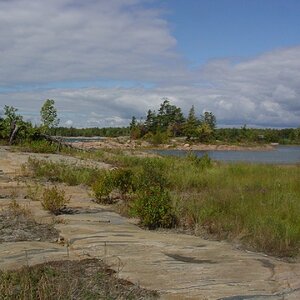
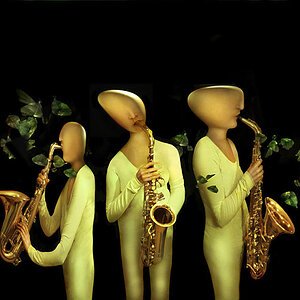
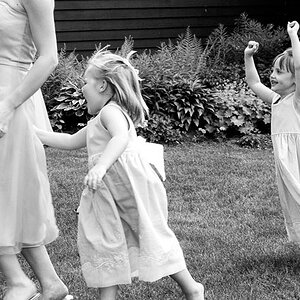
![[No title]](/data/xfmg/thumbnail/37/37602-1ef8dbb1c2d0e4ff347ee65d328c3603.jpg?1619738147)
